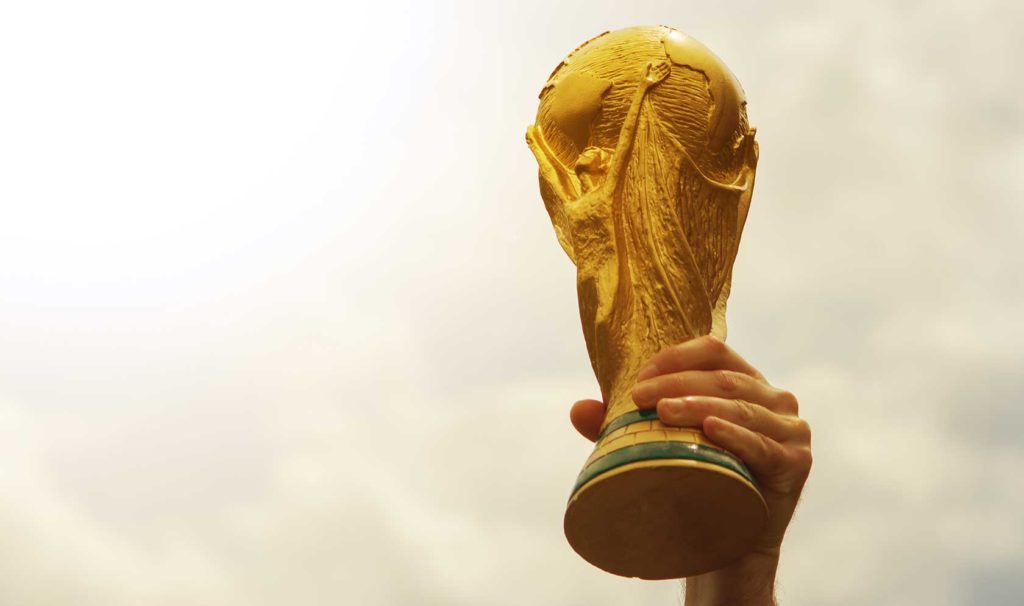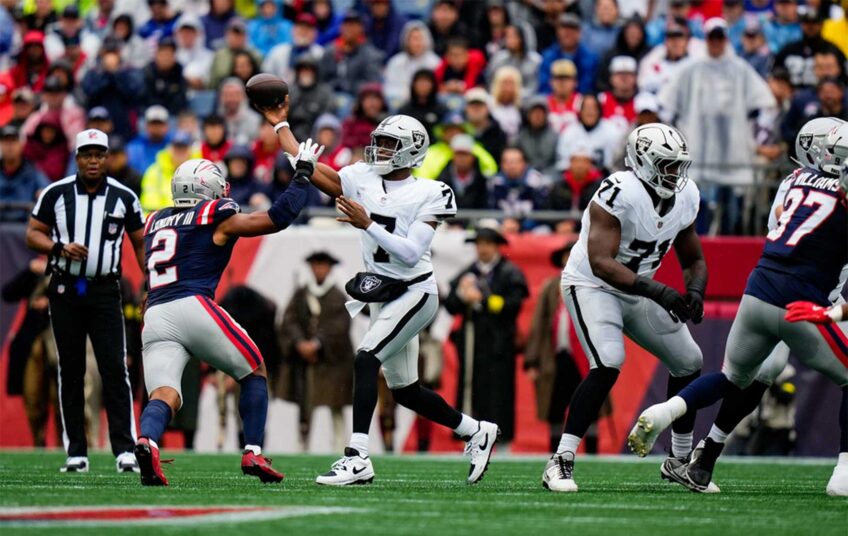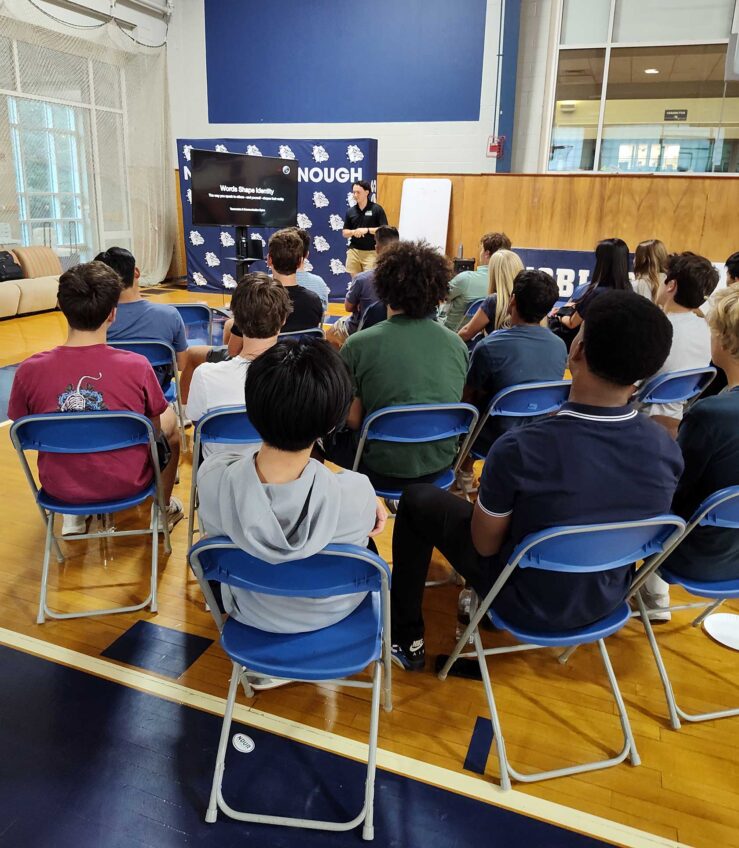FIFA plans a more expansive World Cup
Games will be hosted jointly by U.S., Mexico, Canada in 2026

The Qatar 2022 World Cup has been a cozy logistical affair, enabling fans to easily crisscross the Connecticut-sized country and intersect with fans and other teams.
But small and tidy is set to give way to large and unruly, as World Cup 2026 will be jointly hosted by the United States, Mexico and Canada. Minutes-long ground travel now will be replaced by hours-long air travel.
Add to the mix the invasive tinkering of soccer governing body FIFA that has stated the competition will expand the tournament from 32 countries to a bloated 48-team field. The decision might render more corporate sponsorship dollars, higher television rights fees and greater ticket sales, but more teams could actually sabotage the level of play instead of improving it.
The tournament was increased to 32 teams in the France 1998 tournament, upped from the 24 teams that competed in USA 1994. That tournament awarded four third-place finishers to get to a 16-team knockout stage.
What most followers, diehard fans and media covering the current tournament setup are wary about is whether FIFA is going to have three-team groupings instead of the usual four-team groupings and guarantee teams play just two matches instead of a minimum of three games.
Considering the arduous nature of the qualification process and the distance players incur flying to meet their national teams, reducing the first round would hardly seem worth the effort.
It could also wipe out the nail-biting drama the third game provides as teams have one final chance at qualifying into the win-or-go-home knockout round.
“If you look at the drama over the building of the stadiums and the politics preceding the actual tournament, the football part has actually over-delivered on people’s expectations,” said longtime New England Revolution play-by-play announcer Brad Feldman.
More money might serve as a motivating factor in expanding the tournament, but there are other factors. The World Cup continues to be a cash cow by any standard.
The 27 official brand sponsors during the past four-year cycle brought in $1.7 billion, for an average of $63.26 million dollars per major corporate sponsor. Then there are television rights the world over, and ticket sales. The exposure for the corporate brands is on another scale.
“I understand having 48 teams, in principle, is to reward the African and Asian countries with more places,” Feldman said. “Sure, you can validate that by saying a lot of those confederations have continued to improve and should be more represented in the finals. But it gets to the point where a lot of us have felt like 32 teams is too many. Is it watered down? I don’t know. You can only really say the host nation (Qatar, one tie and two losses) was the only team that didn’t redeem itself in some way.”
Feldman believes that the wide gap that once existed has shrunk to a degree. Even if the progression of the many second-tiered countries is more zigzagged than linear, the top-tiered teams still find a way to win the crucial games.
He cited the Netherlands, a traditional power that grabbed two wins and a tie in the group stage. Observers opined they were pacing their way through the opening round. Then the Netherlands’ cagey 3-1 win eliminating the USA last Saturday demonstrated a team that could gradually ramp up its quality and go to a level of sophistication the USA is still trying to reach.
“On the one hand, the tournament still favors the top teams, and you will still have powerhouses, once the shakeout comes, showing their value, their tradition and player pool,” Feldman said. “On the other hand, if you get it wrong one afternoon, the qualifying cycle could go to waste, and I don’t think that’s good for the game. I don’t think teams will take it less seriously, but I do think it will be more of a crapshoot and it will be more like March Madness than the pinnacle of a four-year cycle.”
That negation of a third game would have robbed fans, not just national supporters, of a pageantry for the ages in Group H, with Portugal and Ghana in the lead.
Twelve years ago in South Africa, Ghana let a grand chance to be the first African team in the semifinals when everybody’s villain Luis Suarez stopped an almost-certain goal, batting away a ball on the goal-line with just seconds left in the second overtime.
But Ghana’s talisman Asamoah Gyan’s penalty shot skimmed the crossbar and went over the goal. Suarez was tossed out of the game, but Uruguay won easily against an embarrassing and feeble Ghanaian penalty-shootout exhibit.
In last Friday’s match, a Ghana draw could have put them into the knockout round. But the Ghanaians missed another penalty shot. This time longtime veteran Andre Ayew, who looked skittish in his approach, appeared overwhelmed by the moment.
The Africans then conceded two goals to Uruguay and were bounced out of the tournament, unable to avenge the demons of a dozen years ago.
But, even in soccer, the enemy of my enemy is my friend. In the group’s other match, Portugal took an early lead on South Korea, but the Asians mounted a two-goal comeback, overtaking Uruguay on goals-differential and sending the South Americans home, a task Ghana couldn’t do for itself, and enabling the Koreans the qualification.
Suarez, now 36, could barely hide his disappointment and emotion, as he had been subbed out of the game and couldn’t go back in, as one more goal would have sent Uruguay onward.
Group E had another remarkable ending, as Japan staged two of the most impressive comebacks in the tournament. In Game 1 of the group, they pulled back two goals to beat a stunned Germany. They then lost to Costa Rica, which had been crushed by Spain 7-0 in their opener.
Going into the final game, Japan again came from behind to beat Spain 2-1 and top the group, while eliminating Germany. The never-say-die team fell Monday to Croatia in a shootout following a 1-1 tie and were sent home.
Even the Japanese fans make their presence felt, by cleaning up any part of the stadium they inhabit. The team itself leaves the locker-room so spotless it appears the floors could be eaten off.
Cameroon had little to play for but managed a 1-0 victory over Brazil on an extraordinary header by 30-year-old striker Vincent Aboubakar, his second goal in the tournament. The Indomitable Lions, 1-1-1, came back to respectability after underperforming for several straight tournaments.
Morocco topped Group F with seven points, and Belgium saw the last of its “Golden Generation” go down without much of a fight, winning one game and losing two. The Belgians were a train wreck, wracked by infighting while showing little passion or fight on the field. Several of its players even booked their own flights home instead of joining the team’s charter.
As the tournament starts its wind-down, thoughts inevitably lean toward the next one in 2026. A lot hinges on FIFA’s decisions on how it will be structured.
“It seems to me that even in the nations that didn’t qualify, there is a lot of interest in the World Cup,” said Feldman. “You get to the World Cup, which is supposed to be the pinnacle of the sport, and there are only two games and you go home? I don’t know. I don’t love the idea of it.”






